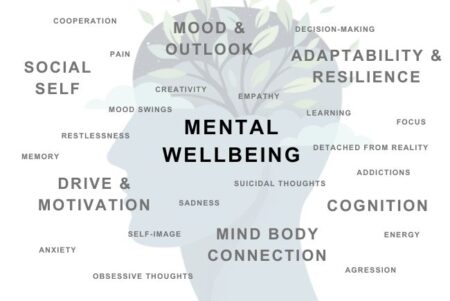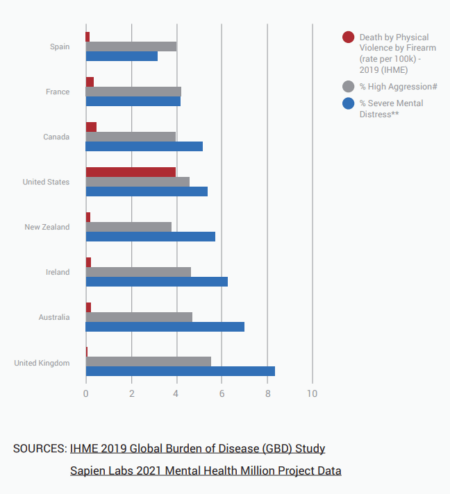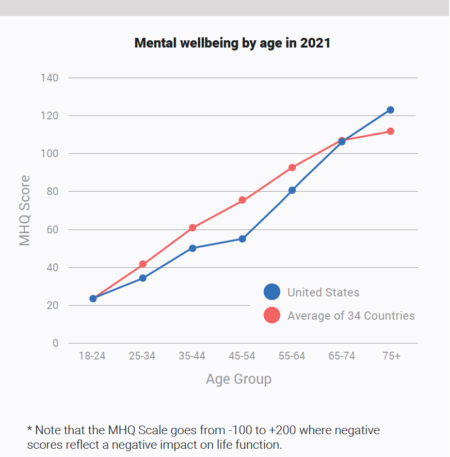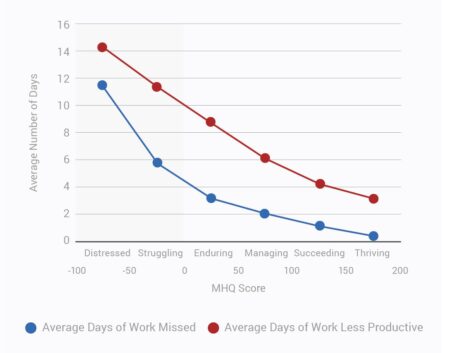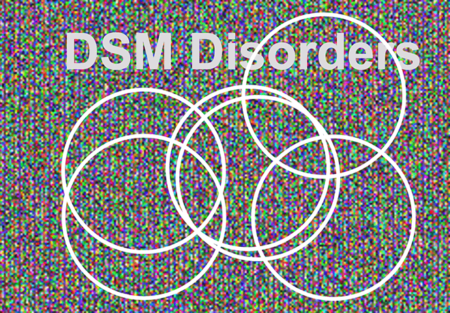At Sapien Labs, we track our evolving mental wellbeing and explore the factors that explain it. But what do we mean by mental wellbeing? And…
MENTALOG
What matters most when it comes to predicting and preventing mental distress?
Data from the Global Mind Project shows that mental wellbeing is declining with each successively younger generation. Today over 50% of young adults aged 18-24…
Is symptom-based diagnosis of mental health disorders doing more harm than good?
We need to abandon the conventional way of diagnosing mental health disorders by symptoms and instead look at root causes. How can we come to…
Gender Gaps in Mental Wellbeing
Nonbinary adults face challenges to mental wellbeing, research shows. The American Psychiatric Association reports that 1 in 5 women have a mental health disorder. Other…
Is Mental Health Behind the Outsized Level of Firearm Deaths in the United States? The Data Says Not.
Our recent presented findings from our survey on mental wellbeing and firearm deaths due to physical violence, at a country level. Our data was derived…
MHQ as a Measurement of Function
Our mental health doesn’t exist in a vacuum. Anyone who has snapped at an unsuspecting family member while really being stressed about a work issue…
Characterizing the Decline in Mental Wellbeing of Younger Generations
The symptoms of decline suggest not just changes in Mood & Outlook but a fundamental breakdown of the Social Self. The Global Mind Project commenced…
Building a mentally healthy and resilient organization in 2022
As we start the new year, many of us are making resolutions around losing weight, getting stronger, and eating healthier in 2022. But if there’s…
DSM Criteria for Mental Health Disorders Are No Better than Random
The DSM has defined psychiatry for 60 years. Yet its symptom based criteria for defining ‘disorders’ does no better than random when applied to comprehensive…
The Public Don’t Think Science Can Solve Mental Health Challenges
The Wellcome Global Monitor Report for 2020 highlights the perceived importance of mental health and the lack of confidence people have that science can come…

